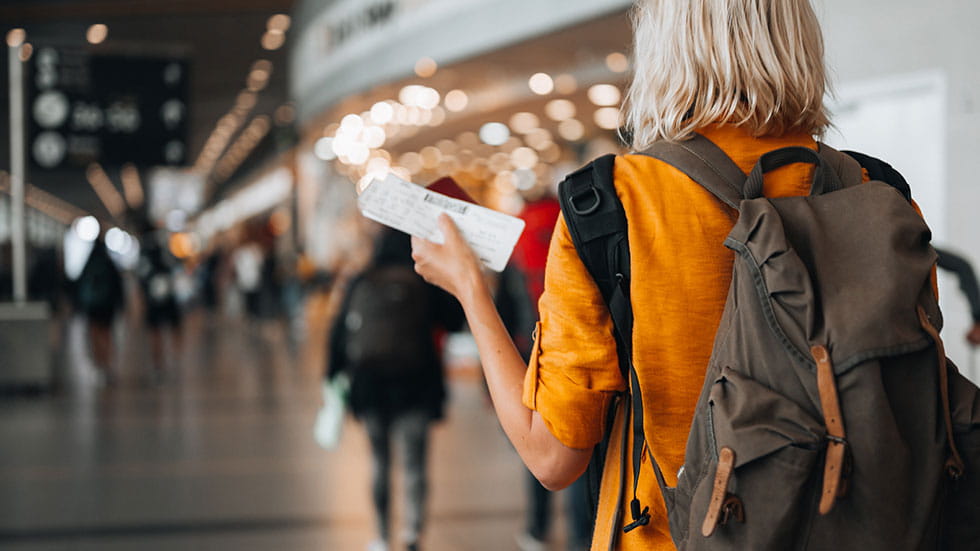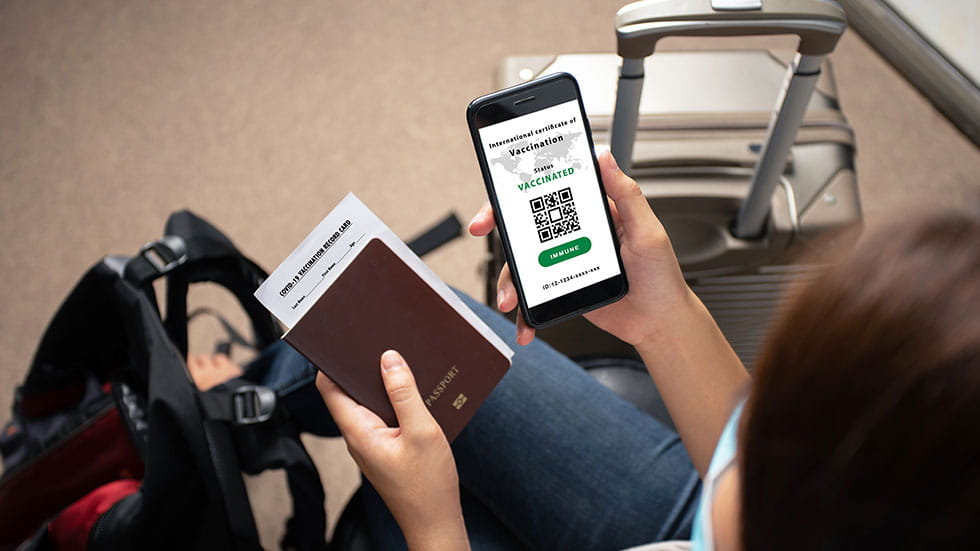3 Ways the Pandemic Changed Travel for the Better
3 Ways the Pandemic Changed Travel for the Better

No one in the travel industry would call the pandemic a good thing. In fact, the sweeping restrictions it brought about early on made the next two years decidedly difficult for travelers and industry professionals worldwide. But despite lingering challenges, travel is slowly making a comeback. And your next trip will likely hold a few surprising perks to ease the transition.
1. Travel advisors are (once again) the best resource for trip planning.
With their bundling discounts and fare-watch features, DIY travel booking sites grew steadily more popular in the years leading up to the pandemic. But in 2021, there came a shift: According to the American Society of Travel Advisors, 76% of travel advisors reported an increase in clientele, with 80% of new customers using a travel agency for the first time ever.
Ashley Knebelsberger is a Senior Travel Advisor at AAA. She believes travelers are returning to agencies in part because of the last-minute flight cancelations, fast-changing visa requirements, and other potential mishaps that have become commonplace since pandemic travel restrictions began lifting in 2021.
“Not everyone wants to manage all those moving parts, especially those with complex travel needs,” says Knebelsberger. “That’s why there’s really no substitute for an experienced advisor working behind the scenes. They’re using all the tools and information at their disposal to eliminate possible risks, so that you can focus on making the most of your trip.”
2. New policies and protocols give travelers peace of mind.
Knebelsberger says the pandemic also prompted air, hotel, and car rental companies to loosen some long-held restrictions and change fees. Her team leverages partnerships with major travel vendors to negotiate fares and keep clients informed of changes as they happen.
“I’ve heard from corporate travel managers with 100 or more unused airline tickets from two years ago that they assumed were invalid,” Knebelsberger says. “They weren’t aware that some of the new rules are retroactive, so we were able to have those tickets changed or refunded without being penalized.”
In similar fashion, major travel brands are doing more post-pandemic to increase customer comfort and safety. The Boeing Company, for one example, has enhanced protocols for safety, testing, disinfecting, and air-flow management on all aircraft in its fleet. Similarly, Marriott Bonvoy launched a Marriott Cleanliness Council in 2021 to ensure cleaning and food safety standards, while permanently adopting end-to-end options for contactless guest services.

3. There are unprecedented options for remote, hybrid, and “bleisure” working.
They say necessity is the mother of invention, and that was certainly the case for work-life balance during Covid. At the outset, many large companies increased remote working and teleconferencing options to keep employees connected until they could reconvene safely.
But for millions of workers, working remotely proved an ideal fit: In 2022, Deloitte reported:
- 58.6% of the American workforce is still working remotely to some extent
- 75% of remote employees want permanent virtual and hybrid work options
With remote employees now back on the road, the industry has seen a rise in “bleisure” travelers who seek to combine business with pleasure whenever possible. In response, hotels have expanded their workspaces, and airlines make it easier than ever to stay connected pre- and mid-flight. For the many frequent travelers who were inspired by the pandemic to travel more conscientiously, agencies now offer ethical and eco-friendly travel options.
“The travel industry isn’t out of the woods yet,” says Knebelsberger. “There are still long lines, long haul times, and labor shortages that can cause problems. But we’re working together and tackling each phase as it comes. It will take some time, but we’re constantly finding new ways to meet the needs of today’s travelers. I really believe the best era of travel is ahead of us.”













